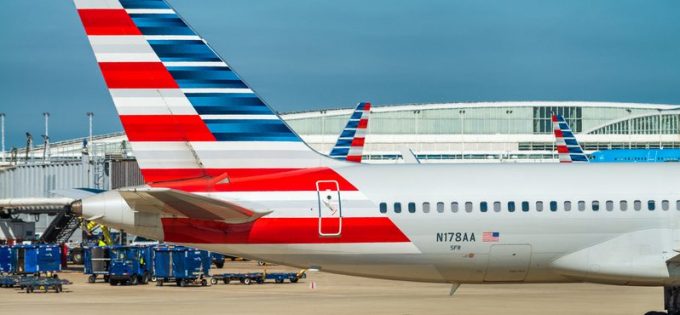As cargo volumes crash, FedEx pilots urged to fly passengers instead
FedEx Express has gone from negotiating to keep its frustrated pilots onside, to encouraging them ...

Unveiling its numbers yesterday, American Airlines was the last of the Big Three US passenger airlines to report results for the first quarter and, while passenger revenues continued to climb, cargo sales were still shrinking, albeit at a slower rate.
Delta was the first out of the starting gates with numbers for the period, reporting a record GAAP operating revenue of $13.7bn (adjusted: $12.6bn) and an operating income of $614m.
Its cargo business remained in decline ...
Asia-USEC shippers to lose 42% capacity in a surge of blanked sailings
USTR fees will lead to 'complete destabilisation' of container shipping alliances
Outlook for container shipping 'more uncertain now than at the onset of Covid'
New USTR port fees threaten shipping and global supply chains, says Cosco
Transpac container service closures mount
DHL Express suspends non-de minimis B2C parcels to US consumers
Zim ordered to pay Samsung $3.7m for 'wrongful' D&D charges
Flexport lawsuit an 'undifferentiated mass of gibberish', claims Freightmate
Cancelled voyages take the sting out of spot rate declines this week
Uncertainty over US tariffs sparks interest in bonded warehouses for imports
Shippers warned: don't under-value US exports to avoid tariffs – 'CBP will catch you'
Blanked sailings in response to falling demand 'just a stop-gap solution'

Comment on this article